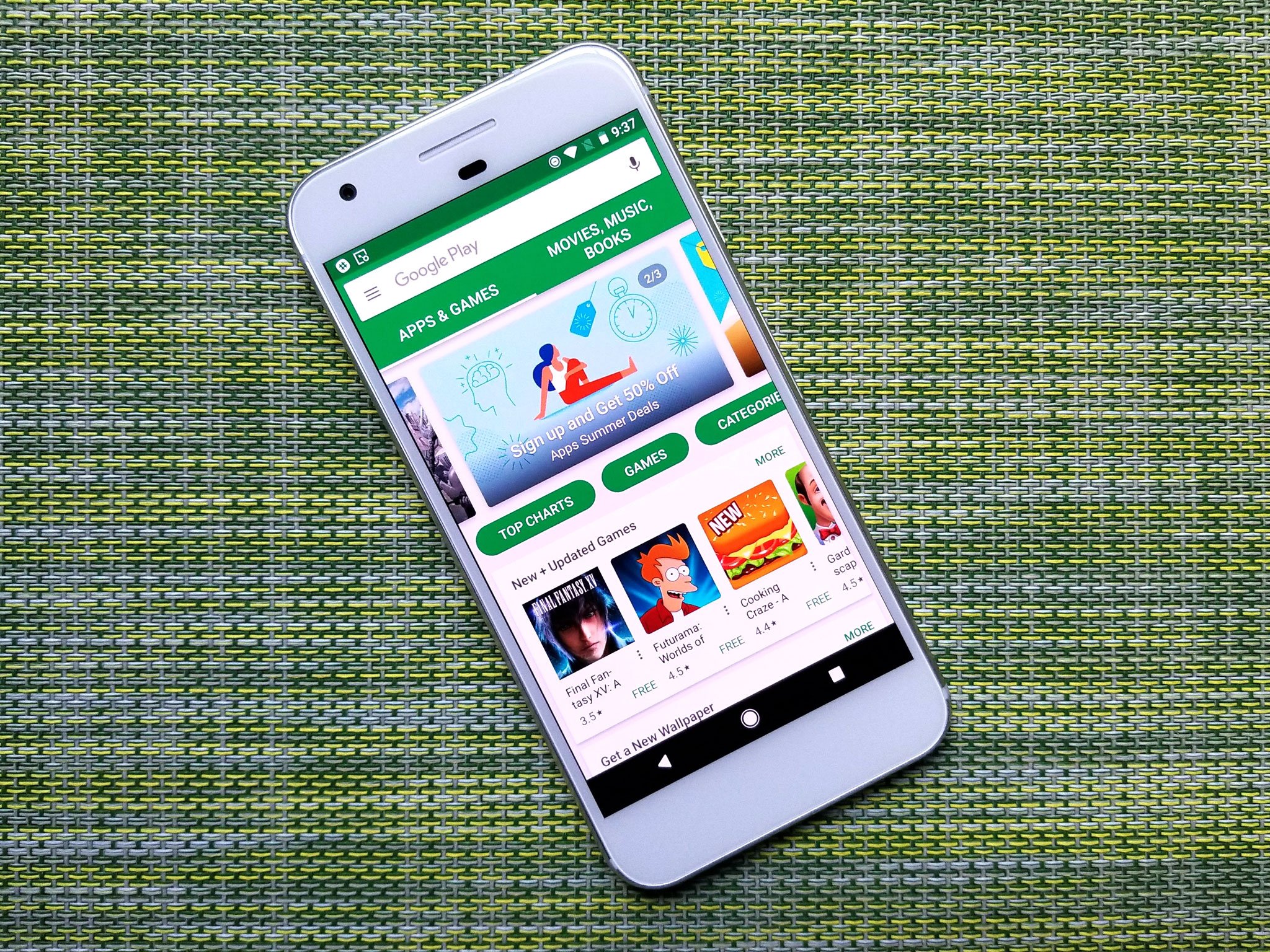Google Play will stop offering 32-bit apps to some phones in 2021

On Wednesday, January 16, Google published a post to the Android Developers Blog to announce a few new requirements that app developers will need to follow in the near future regarding 64-bit applications and games.
Beginning August 1, 2019:
All new apps and app updates that include native code are required to provide 64-bit versions in addition to 32-bit versions when publishing to Google Play.
On that note, Google's giving an extension to games that run on the Unity 5.6 engine by accepting 32-bit only updates until August of 2021.
Once August 1, 2021 rolls around, however, a couple things are changing. Per Google:
- Google Play will stop serving apps without 64-bit versions on 64-bit capable devices, meaning they will no longer be available in the Play Store on those devices.
- This will include games built with Unity 5.6 or older.
With that news out of the way, why is Google pushing for these changes?
64-bit processors are faster and more efficient than 32-bit ones, and by requiring developers to offer 64-bit versions of their apps, users can be assured that they're getting the best experience possible with any app or game they download.
If you're not sure whether or not your phone has a 64-bit processor, chances are it does. Qualcomm's first 64-bit chips came out in 2015 with the Snapdragon 810 and 808 platforms, so if you've purchased a phone within the last couple years, it more than likely is based on a 64-bit one,
Get the latest news from Android Central, your trusted companion in the world of Android
The Snapdragon 855 is a benchmarking beast in a year that needs the power

Joe Maring was a Senior Editor for Android Central between 2017 and 2021. You can reach him on Twitter at @JoeMaring1.
